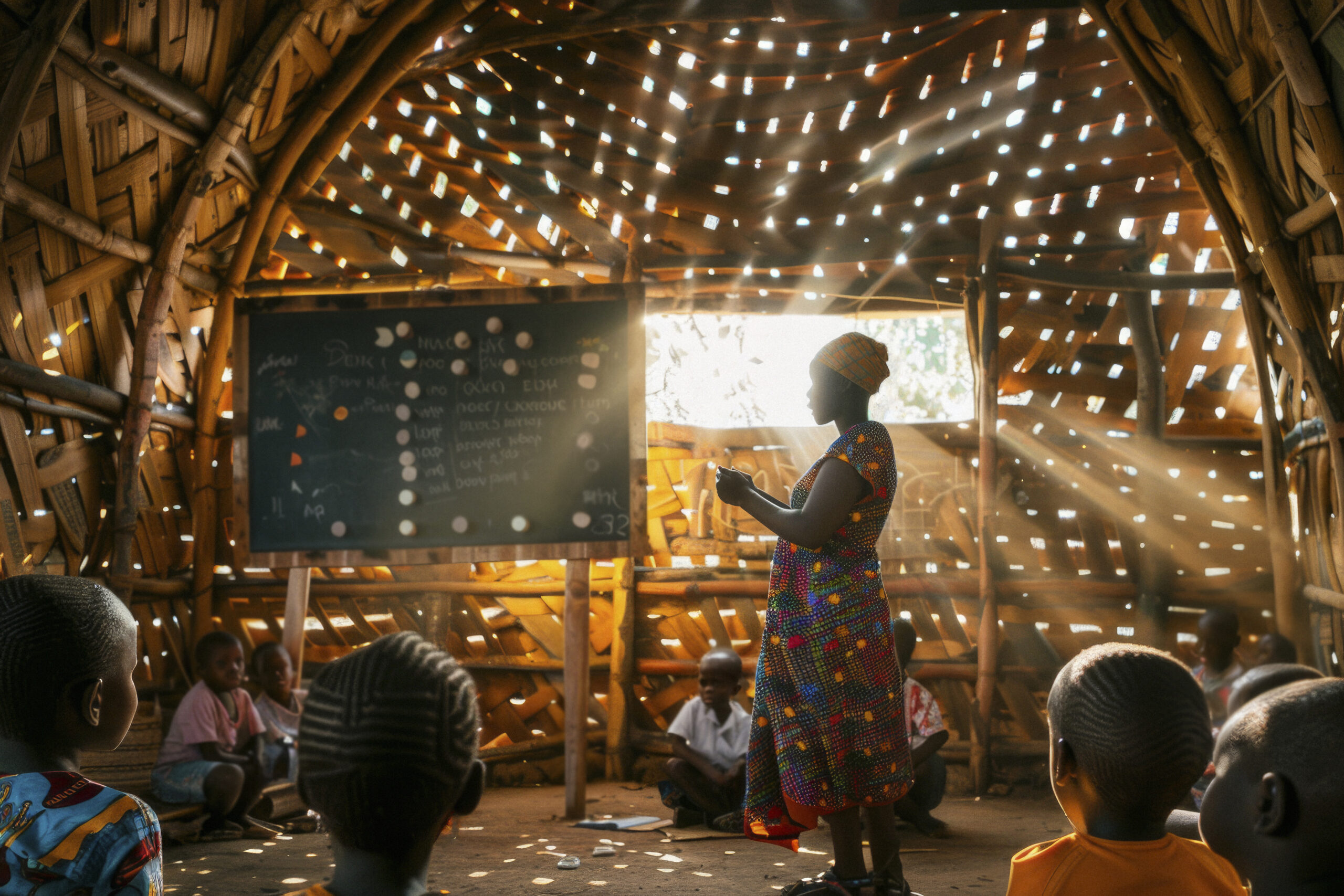Education is a powerful tool for change, yet in rural Cameroon, countless children are still missing out on its life-changing opportunities. Despite some progress over the years, the challenges remain immense—schools without teachers, children learning without books, and girls fighting just to stay in school. These obstacles don’t just hold individuals back; they limit entire communities and the country’s future.
At Pierre Thierry Noah Foundation, we believe that every child deserves a chance to learn, no matter where they’re born. Let’s take a closer look at the hurdles rural communities face and how, together, we can overcome them.
The Struggles They Face
1. Schools Without Basics
Many children in rural areas don’t have a school nearby. Even when schools exist, they lack basic necessities like textbooks, desks, or trained teachers. Resources are scarce, and outdated textbooks fail to prepare students for modern job markets. By the end of primary school, only 47% of students can read a simple sentence, and just 32% can solve basic math problems (World Bank).
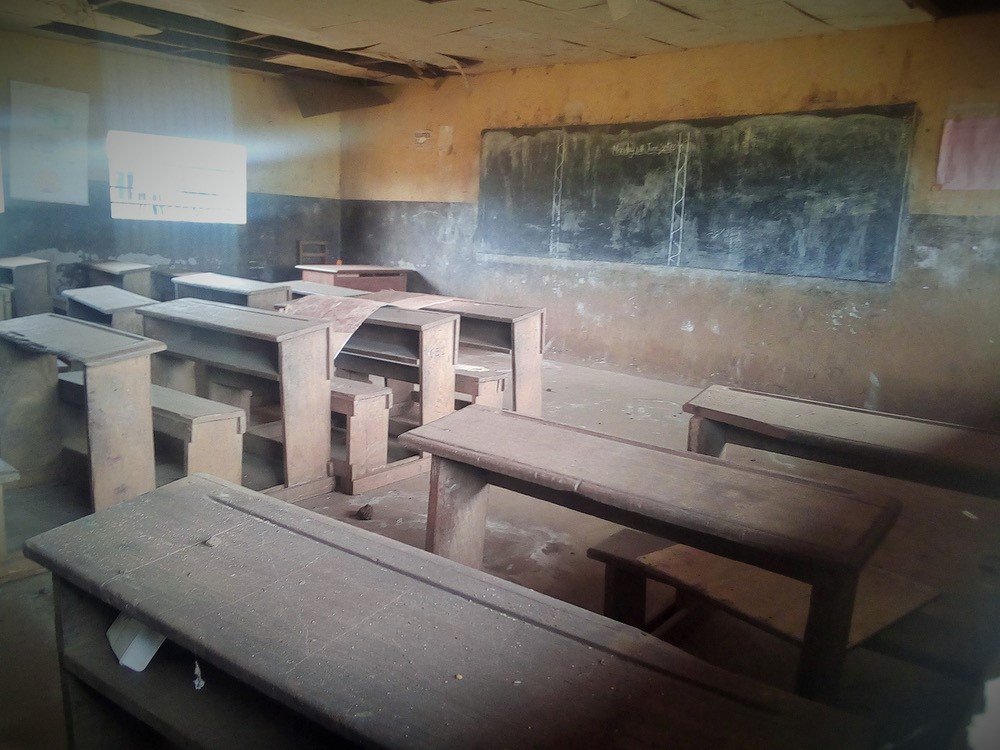
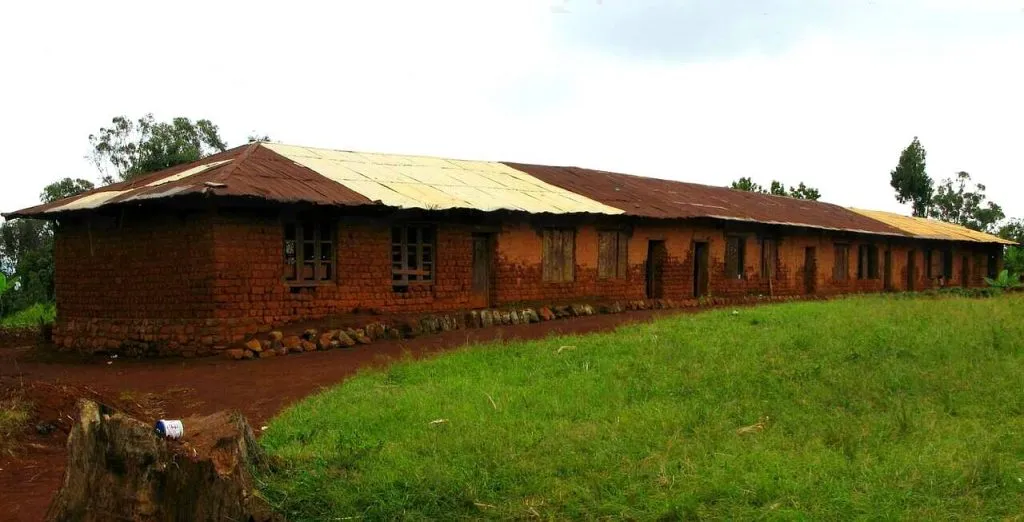
2. Girls Are Left Behind
Cultural norms, early marriages, and financial struggles often prevent girls from continuing their education. This limits their opportunities and keeps entire families trapped in cycles of poverty. According to UNESCO, in 2019, the net enrollment rate for girls in primary school was 83.5%, compared to 92.4% for boys. At the secondary level, only 33.5% of girls were enrolled compared to 42.1% of boys, and dropout rates for girls were significantly higher at 36.5% versus 26.2% for boys.
3. Overcrowded Schools
Many classrooms in rural areas are overcrowded, with a student-teacher ratio of 49:1, far exceeding the recommended 30:1. This means less personalized attention for students and poorer learning outcomes.
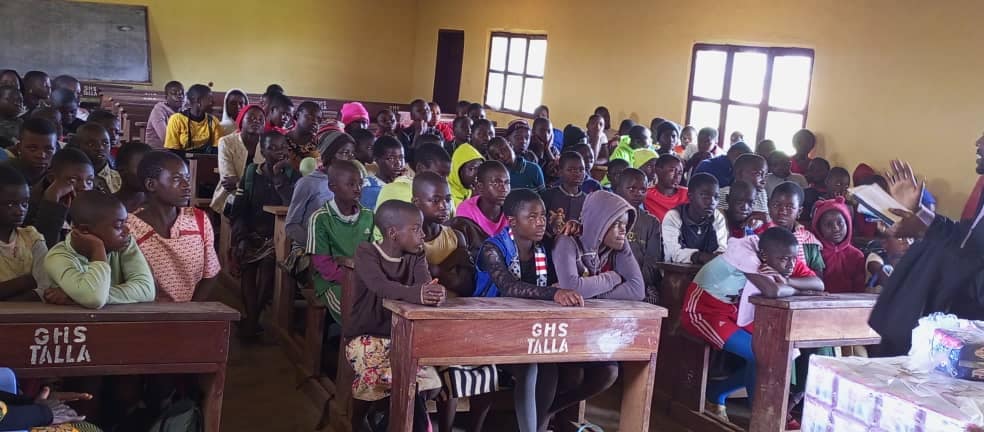
4. No Path to Jobs
Unemployment among youth in Cameroon is a staggering 13%, and many graduates lack the skills needed for sustainable livelihoods. Vocational programs are either unavailable or poorly aligned with market demands, leaving young people underprepared for the workforce.
6. Conflict and Instability
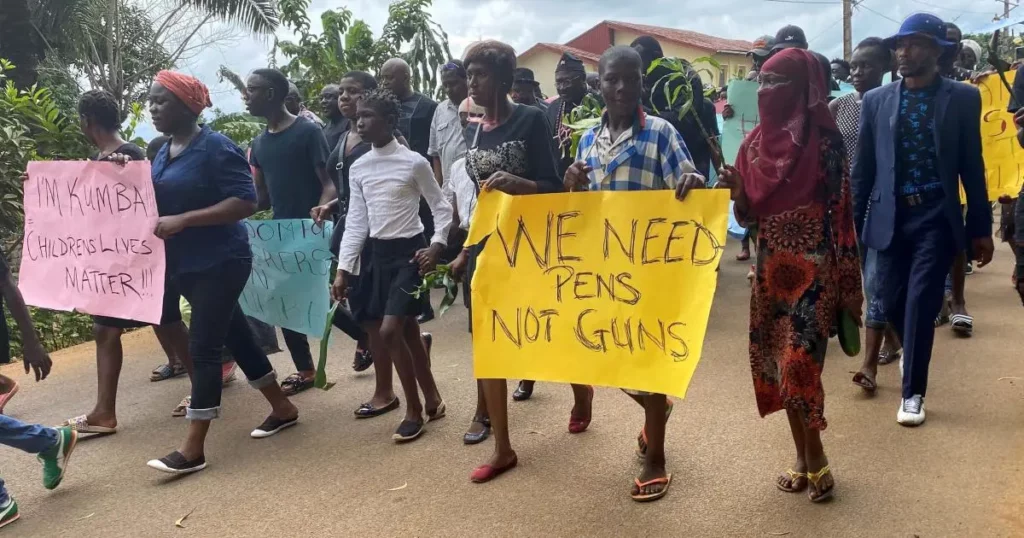
The Anglophone crisis has further disrupted education. Over 700,000 students have been deprived of schooling due to attacks on schools and the ongoing conflict, creating a generation of children left behind.
The Power of Solutions
Despite these challenges, hope is not lost. Pierre Thierry Noah Foundation is tackling these issues head-on by:
– Improving Infrastructure: Renovating schools, equipping classrooms, and ensuring students have access to quality learning materials.
– Empowering Girls: Providing scholarships, raising awareness about gender equality, and supporting girls to stay in school.
– Vocational Training: Launching programs to equip young people with job-ready skills tailored to current market demands.
– Community Engagement: Teaching families about the value of education, health, climate change and art&culture to create a lasting impact.
– Advocating for Peace: Collaborating with local organizations to keep education accessible in conflict-affected regions.
Why Education Matters
Lack of education doesn’t just affect individual children—it perpetuates poverty, gender inequality, and even health crises. During the COVID-19 pandemic, the lack of education made it harder for communities to understand and follow health guidelines, leading to higher transmission rates. Education is also a critical defense against social unrest, reducing the likelihood of youth falling into extremist ideologies or exploitative labor.
Be Part of the Solution
Every child deserves the opportunity to learn, dream, and thrive. You can help us make this vision a reality.
– Learn More: Dive deeper into the work we’re doing to transform education in rural Cameroon.
– Donate: Every dollar goes toward building classrooms, training teachers, and keeping children in school.
– Partner With Us: Your organization can play a vital role in expanding our reach and impact.
Together, we can break barriers and unlock the potential of every child.

